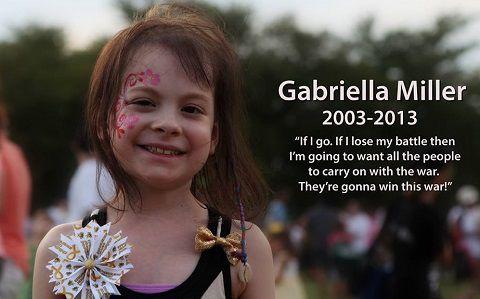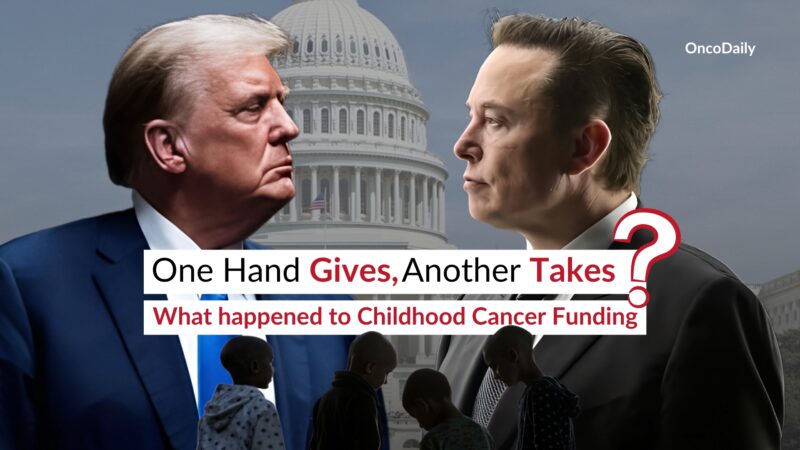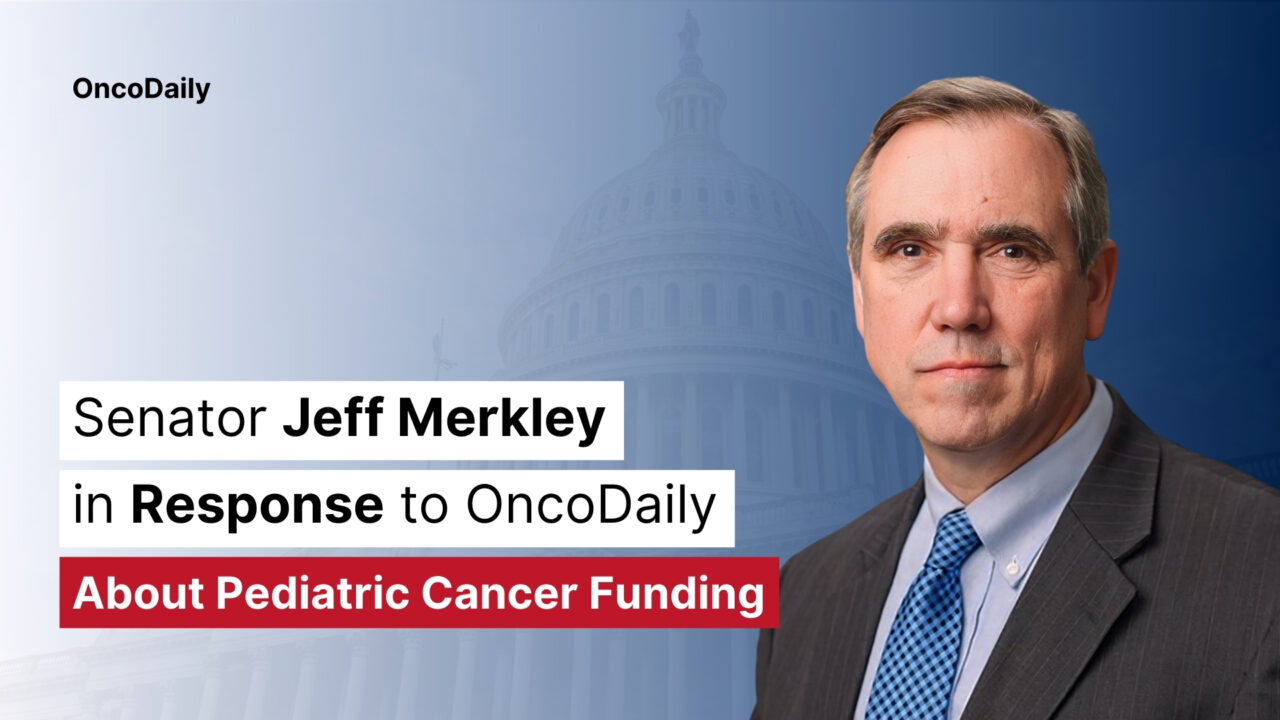Senator Jeff Merkley, along with recent political developments, has underscored that Pediatric cancer research has long been a national priority. In January 2025, OncoDaily highlighted a critical issue in pediatric oncology funding cut after US government deal faced scrutiny following Elon Musk’s social media criticism. Musk called the bill a “Christmas tree,” arguing it contradicted conservative principles. His opposition gained traction, pressuring lawmakers—particularly Republicans—to reassess the package.
Amid growing pushback, key provisions, including the Gabriella Miller Kids First Research Act 2.0 and the Give Kids a Chance Act, were stripped from the final bill. These measures would have allocated $190 million for pediatric cancer and rare disease research at the NIH. Despite bipartisan support, they became casualties of a broader spending battle, raising concerns about the future of pediatric oncology research.

The fallout has sparked debate among lawmakers, advocacy groups, and public figures about responsibility and how to ensure pediatric cancer remains a priority. The funding loss raises urgent questions about the nation’s commitment to fighting pediatric cancer and preventing research setbacks due to political disputes.
Recognizing the significance of this issue, OncoDaily decided to write and send an inquiry to U.S. senators, urging them to take action and ensure that pediatric cancer research remains a national priority. In addition to highlighting the impact of the funding cuts, OncoDaily sought clarity on key legislative decisions by posing the following questions to lawmakers:
- What were the main reasons the Gabriella Miller Kids First Research Act and other related provisions were delayed or put on hold during earlier sessions?
- Why were key measures, such as those in the Give Kids a Chance Act, ultimately omitted from the final spending package?
- Are there plans or strategies under consideration to restore or enhance funding for pediatric cancer research in the near future?
Senator Jeff Merkley’s Response
Senator Jeff Merkley responded with a strong emphasis on his role in the Senate Appropriations Committee and his efforts to ensure that the federal government’s resources are used to reflect Oregon’s priorities and broader public values. In his letter, Merkley affirmed his focus on shaping the Fiscal Year 2025 Appropriations bills, advocating for federal investments that help Oregonians thrive. He highlighted the importance of how the government allocates funds:
“There is no clearer statement of values than how our government allocates its resources.”

Merkley also assured OncoDaily that he is committed to securing federal funding that provides opportunities for all Oregonians, especially through the appropriations process:
“As we work to craft the twelve Fiscal Year 2025 Appropriations bills, please know I will continue to fight for federal funding that reflects our values and lays the groundwork for opportunity now and into the future for all Oregonians.”
However, similar to Fetterman’s response, Merkley’s letter did not directly address pediatric cancer research or the $190 million funding cut to the Gabriella Miller Kids First Research Act 2.0. He affirmed his ongoing work on appropriations but did not specify how he plans to advocate for the reinstatement of critical pediatric oncology funding.
These responses highlight ongoing efforts to address health care affordability but leave important questions about the future of pediatric cancer funding unanswered. OncoDaily will continue to monitor and investigate this issue, keeping the conversation alive and advocating for necessary actions to ensure that pediatric cancer research is fully supported.
What was the Issue? What Happened to Pediatric Cancer Research Funding?
Childhood cancer research funding has long been a bipartisan priority in the United States. Yet recent political disputes have left critical programs vulnerable, raising questions about the future of pediatric oncology. At the center of this controversy is the Gabriella Miller Kids First Research Act 2.0—a bill designed to expand funding for childhood cancer and rare disease research at the National Institutes of Health (NIH). While this legislation garnered significant bipartisan support in both chambers of Congress, it became collateral damage during heated negotiations over a government funding bill.
The result? Provisions that would have allocated $190 million toward life-saving pediatric cancer initiatives were stripped from the final spending package. Amid this fallout, political leaders, advocates, and even billionaires like Elon Musk have been drawn into a debate about who is to blame—and what must be done to protect children facing cancer.
Final Outcomes: Did the Gabriella Miller Kids First Research Act 2.0 Pass in Congress?
As the U.S. Congress worked to avert a government shutdown with the passage of a new spending bill on December 21, a mixed outcome unfolded for pediatric cancer funding. While the Gabriella Miller Kids First Research Act 2.0 successfully passed as a standalone bill, securing its extension and funding from the National Institutes of Health, other critical provisions faced a less fortunate fate.
Passed Legislation
Gabriella Miller Kids First Research Act 2.0: This act, named after a young advocate who lost her battle with brain cancer, was designed to fund pediatric cancer and rare disease research.
Initiatives on Hold
- Give Kids a Chance Act: Despite strong support and previous passage in the House, this act is stalled. It aimed to allow children with relapsed cancers to receive combination therapies that could potentially save or significantly extend their lives. Facilitate clinical trials for pediatric patients, targeting specific molecular aspects of the disease.
- Accelerating Kids to Research Act and Creating Hope Reauthorization Act: These acts were designed to facilitate access to specialized cancer treatment across state lines for low-income families and to extend incentives for pediatric drug development. Unfortunately, they were omitted from the final spending package.

You Can Read the Full Editorial Article by OncoDaily on Pediatric Cancer Funding Cut


